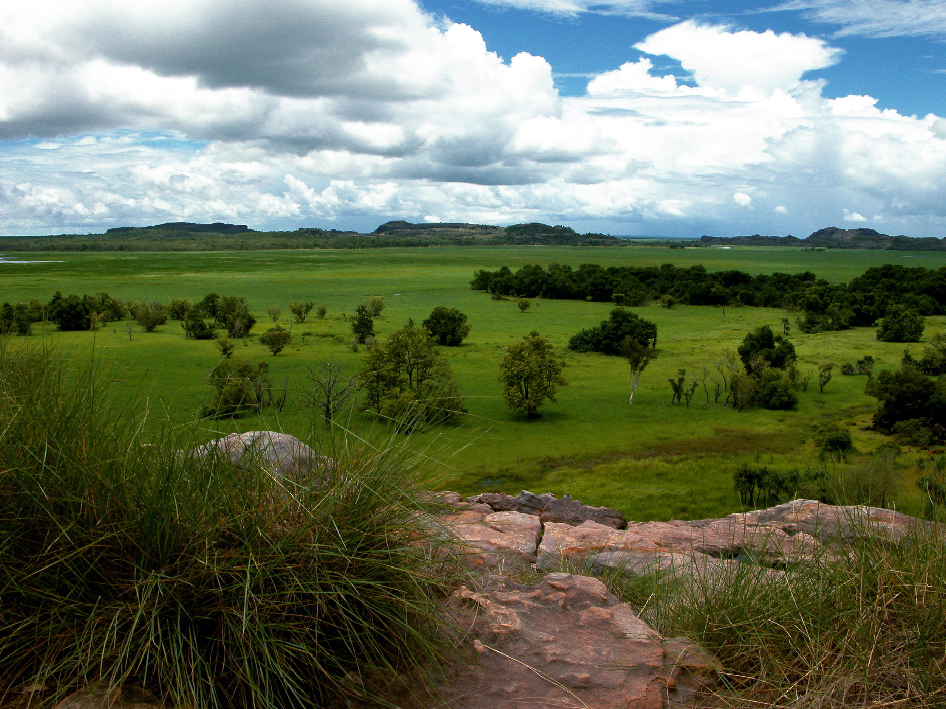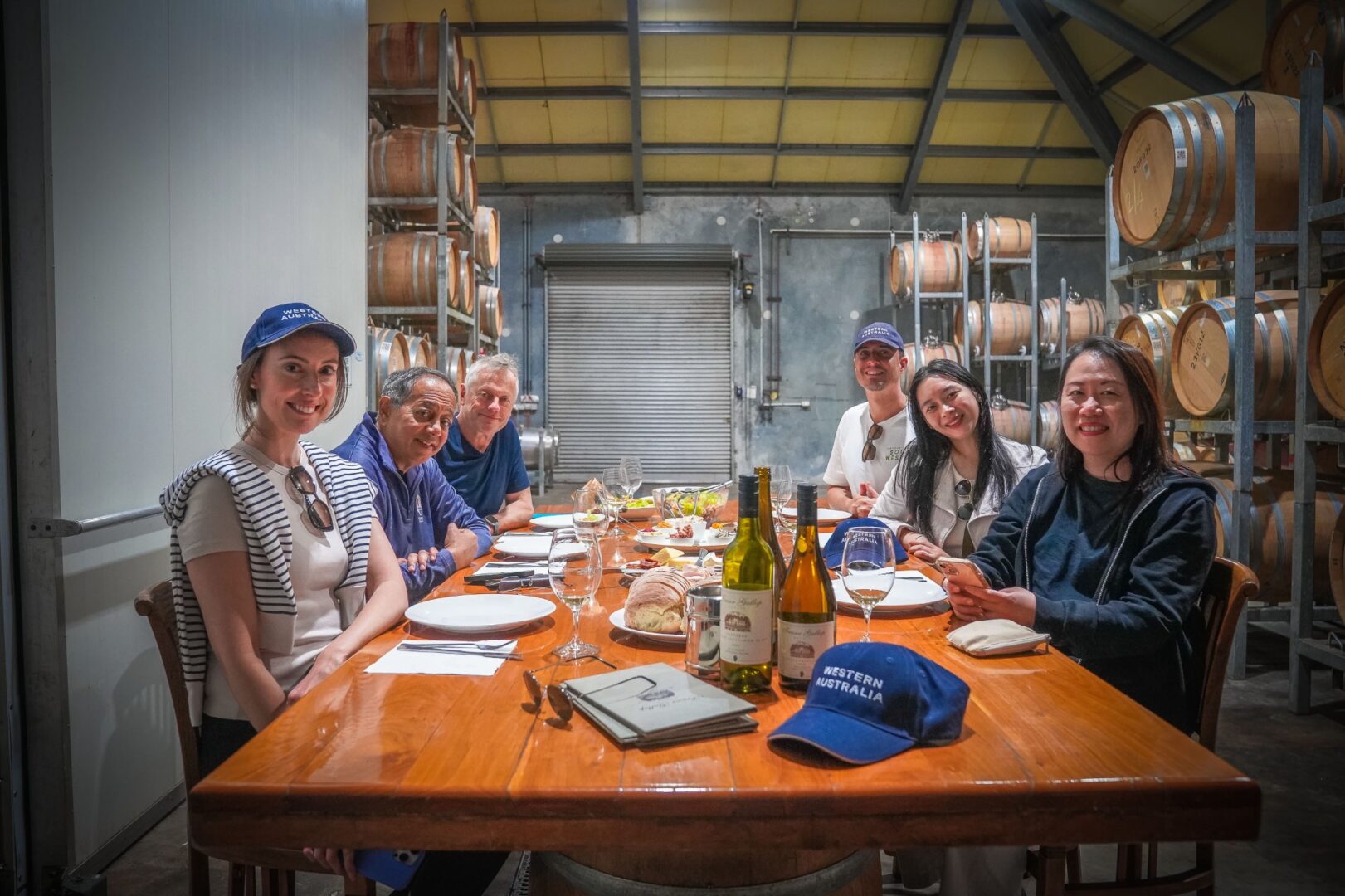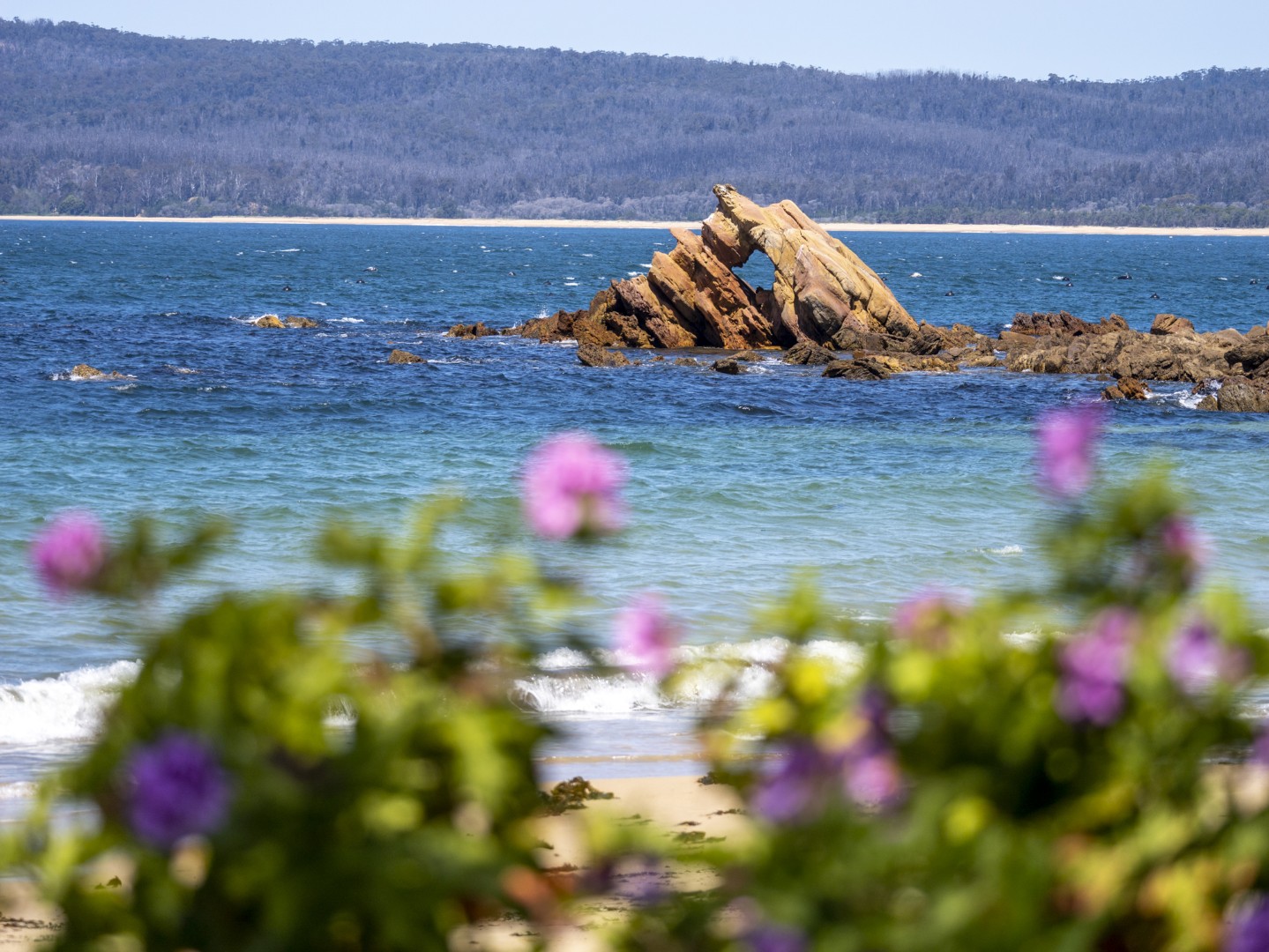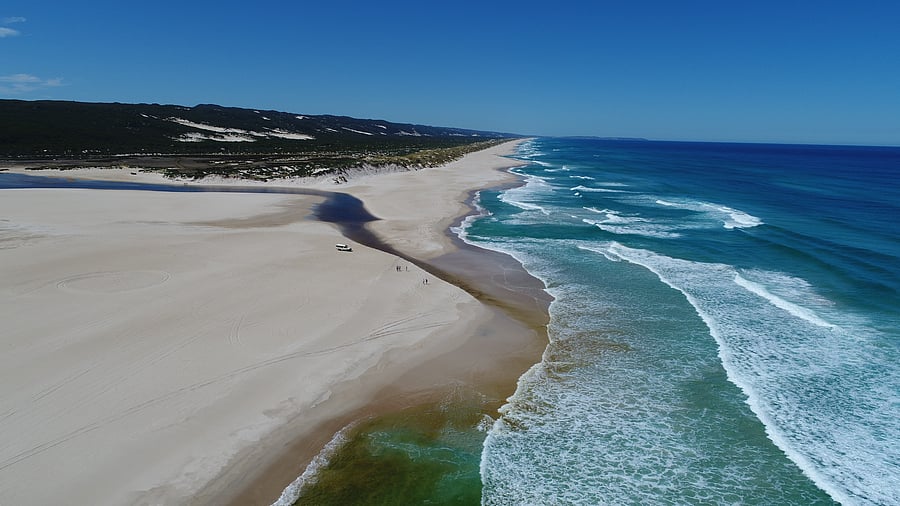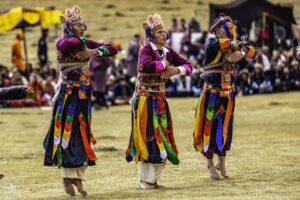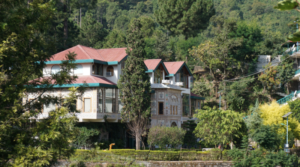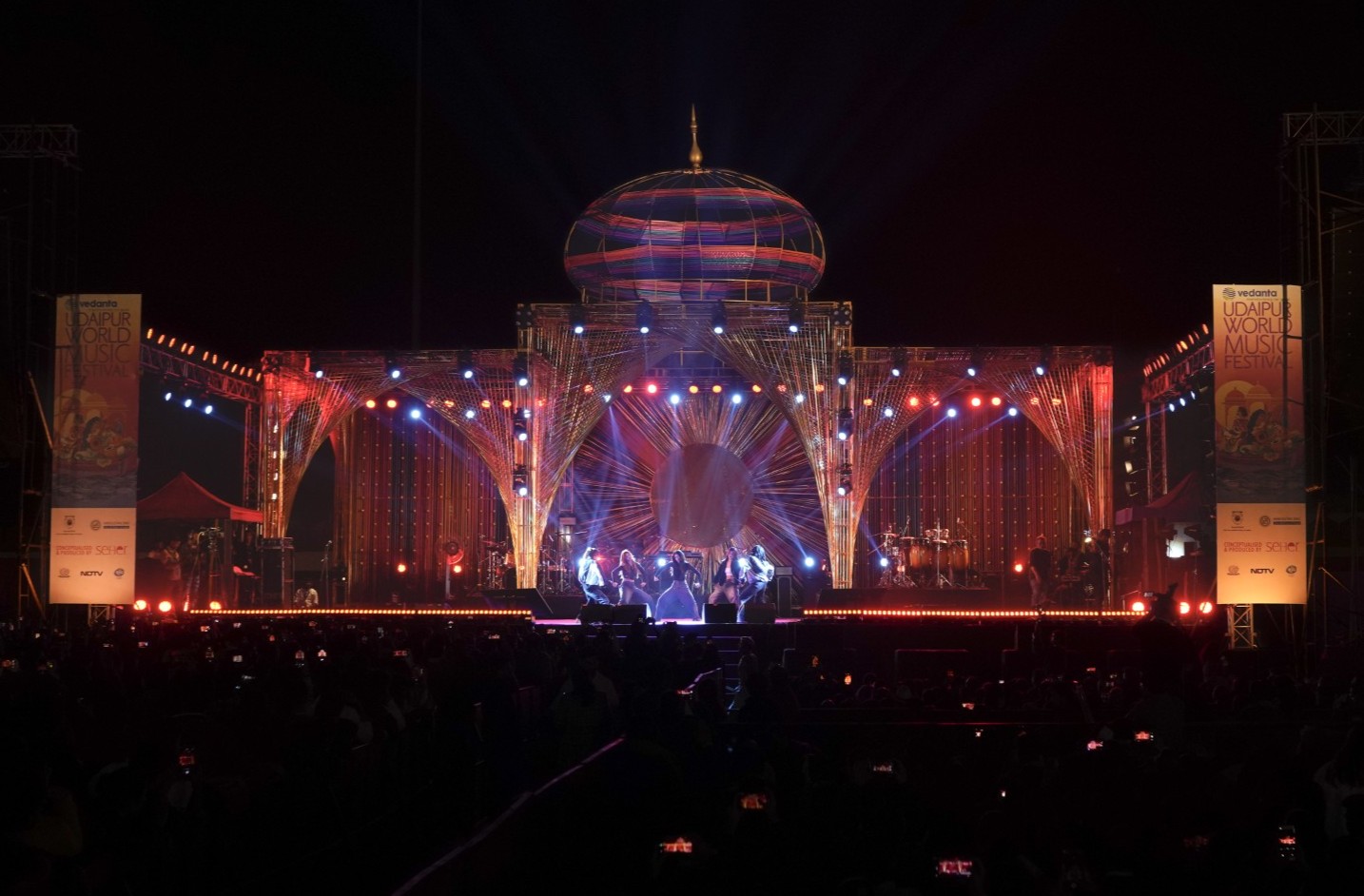
Udaipur World Music Festival Interview: Sanjeev Bhargava, Founder of Seher
I first met Sanjeev Bhargava during our college days at St. Stephen’s College, Delhi, in 1978. Even then, his creative spark was undeniable, whether it was through his sharp perspectives in class discussions or his passion for the arts. Over the years, that spark has grown into a full-fledged flame, making him a torchbearer for India’s cultural arrival on the world stage. As the Founder of Seher, Sanjeev has dedicated his life to creating immersive cultural experiences that celebrate both Indian heritage and global artistic diversity.
Most recently, he orchestrated the Udaipur World Music Festival, India’s premier destination music festival, which has become a melting pot of sounds and cultures. Since its inception in 2016, the festival has grown into an annual spectacle, drawing music lovers from across the country and beyond. What sets it apart is not just the stellar lineup of artists from around the world, but also Sanjeev’s vision of making music accessible to all. With free entry, he ensures that art and culture are democratized, enjoyed by students, self-employed individuals, and music enthusiasts alike, rather than being reserved for the elite.
In this conversation, Sanjeev shares his remarkable story, from his personal journey, to Seher’s evolution, and how Sanjeev continues to push boundaries by creating platforms where global and Indian artists collaborate, preserving forgotten musical instruments, and fostering cross-cultural exchanges.
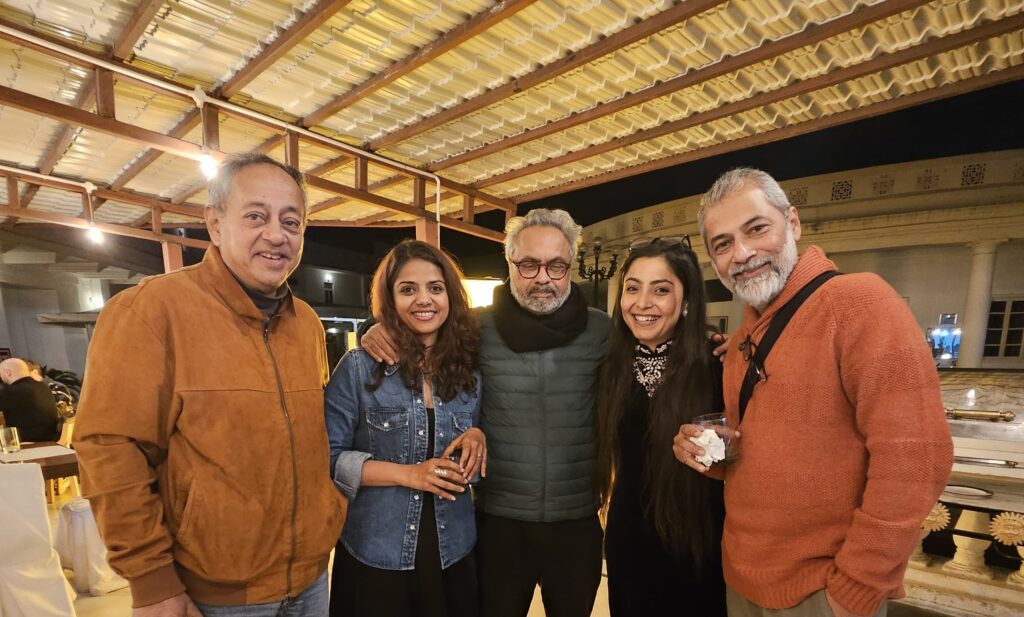
Sanjeev, you are my batchmate from St. Stephen’s College, Delhi University. What has been your journey from Stephen’s to this point in your life? How did you come to be involved in music and cultural events?
Personal experiences have shaped my journey in the world of music and the arts. Having lost my father suddenly to a heart attack while still in college, I was compelled to join the family business of cinema production and distribution. Being closely involved in various creative spheres, I was exposed to the process of creation rather than just the final production. This deepened my interest in the creative process.
An early influence was Pandit Kumar Gandharva, who inspired me to learn vocal classical music. Kumar ji named my organization Seher and urged me to continue encouraging emerging talent, bringing ‘a fresh dawn’ to the lives of lesser-known artists. All my initial presentations were dedicated to my guru. Bhakti Utsav, which began in Nehru Park in Delhi in 2003, was a pure expression of this dedication to vocal music.
However, I wanted to redefine the way artists and cultural festivals were presented. My vision was to give them a fresh lease of life through outdoor events set in natural surroundings and heritage monuments. This led me to conceptualize and design ‘Ananya’, the first major dance festival at the Purana Qila in Delhi, in 2001. It set a new benchmark for cultural events. From the Purana Qila, Seher has expanded its reach to numerous iconic monuments and parks across India and abroad, from Trafalgar Square and Regent Street in London to Villa Borghese in Rome. Today, Seher engages with all cultural verticals, including music, dance, the visual arts, crafts, handwoven fabrics, cinema, and theatre.
Seher is the sole organizer of the Udaipur World Music Festival (UWMF). How many years has the festival been going on for? How has it expanded its reach and audience appeal?
The Udaipur World Music Festival, conceptualized and produced by me and my team at Seher, is considered the first and still the most sought-after destination music festival in India. It was first organized in 2016 and has now established itself as an annual music extravaganza during which the entire city of Udaipur comes alive. We keep adding elements to each edition depending on the prevailing trends and the tastes and appetites of music lovers and enthusiasts. We added the Youth Outreach aspect and introduced workshops for students of music where we ensure close interaction between the international visiting artists and their indigenous instruments and the students of local schools in Udaipur to promote cross-cultural awareness through music. We have also added the element of preserving and promoting the forgotten musical instruments of India and incorporating them together with international musical instruments to create real collaboration and harmony between Indian and global music.
Do the musicians get paid for their performances or is it a pro bono effort on their part?
I have taken the utmost care to mould Seher into an organization that creates ‘joyful and experiential moments for all’, be they performing artists, visitors, or stakeholders. Seher and its team respect all artists coming from various cultural backgrounds, genres, countries, and languages. As such, we take pride in not just paying their remuneration but also in taking care of all the artists equally in all aspects like hospitality, flights, technical requirements, and even their personal experience in Udaipur in terms of local food, shopping, sightseeing and so on and sending them all back home with the best memories of their lives.
Why don’t you adopt a chargeable ticket model like the Jaipur Literature Festival has done in the recent past? If for nothing else, just to put a value on the show and control the crowds which are huge in the case of a performer like Shaan.
Thanks to my background in films, I gradually became interested in the cultural sphere encompassing the world of art, music, dance, and theatre. While travelling across the world and exploring various music festivals and meeting different experts of the global music industry, I became interested in promoting rapport and interaction between audiences and artists It is overwhelming to see music lovers travelling far and wide to enjoy all genres of music and to create some of the best memories through music. They want to sing songs with their friends, family, neighbours, and loved ones. But expensive tickets and passes are often a deterrent especially for students and self-employed people.
Moreover, in all honesty and humility, our festivals are an amazing experience and what possible price can we put on that ? If we price our tickets too high, we run the risk of making our festivals out of reach for young people. Hence, I decided to democratize music for the masses. It motivated me to return to India and start conceptualizing and producing my own events which are free of cost and enjoyed by all sections of society instead of only the elites.
How do you select the bands that are invited to play at or participate in the festival? Are many of them repeat performers?
The curation of UWMF is a year-long process. We carefully select artists based on their genre, style, and musicality. It’s a collective process and not an autocratic one. Of course, we all bring our personal ‘choice’ into it, but the feedback of my young team in their twenties and thirties helps me a lot. The process takes months, and includes a lot of research and travel. We travel to many popular music festivals globally to check out new artists and see them perform on stage.
As for international bands, we travel far and wide—to WOMEX (Worldwide Music Expo), the Fez Festival of World Sacred Music, the Java Jazz Festival, and many such events—for research and for bagging all the good international bands after witnessing their live performances. Seher is also a part of APaMM (Asia Pacific Music Meeting), jazz festival directors’ groups, the World Music Forum, and many such gatherings where curators, directors, and producers of iconic music festivals meet and talk and exchange their recommendations, to impart a greater variety and diversity to all our festivals.
We always try to bring some bands and musicians who have never performed in India before, some of whom are very popular in their own country as well as abroad, and some bands that we repeat due to constant requests by Indian audiences who loved and appreciated them a lot when they performed at the previous editions of our festival.
![]()

